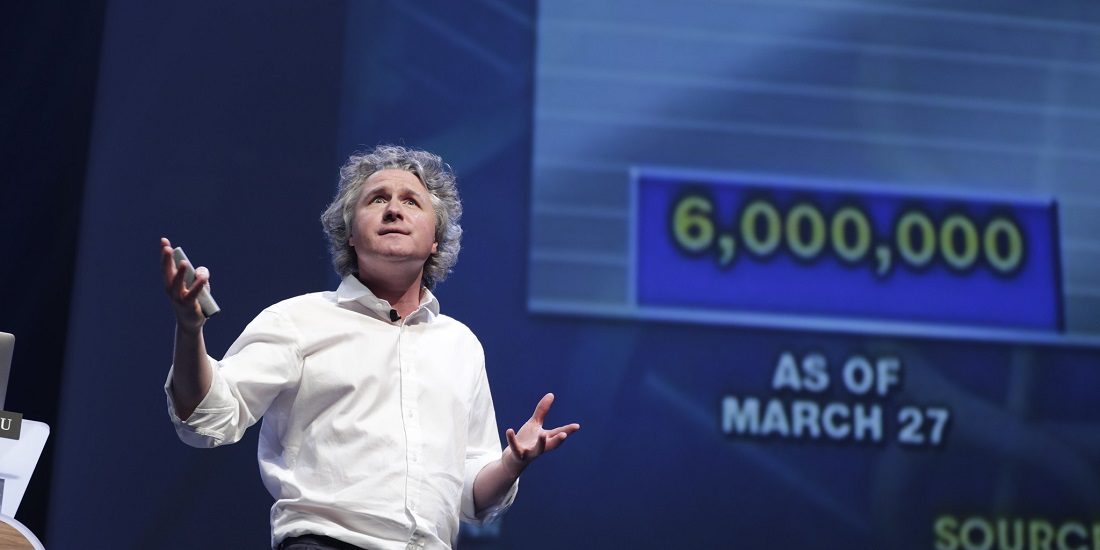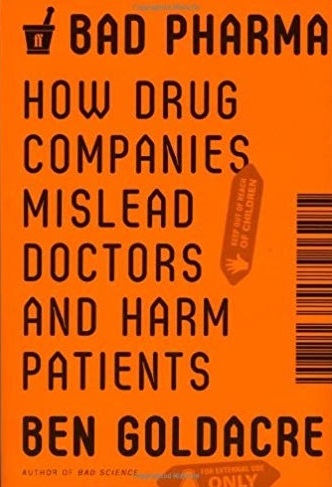Publishing half-truths worsens treatment for patients
“I am a doctor who reveals idiots as a hobby,” says Ben Goldacre. If so, it’s become a pretty comprehensive hobby.
He has been threatened, sued and subjected to ridicule, but he hasn’t backed off. Ben Goldacre is a doctor, researcher, book author and active social commentator. On Sunday, 16 June, he was part of NTNU’s music and science festival The Big Challenge.
Sometimes it is easy to show that people are wrong, as with vaccine opponents in different countries who base their views on pure fraud and fiction. But it’s not always so obvious, and often it’s not idiots either, but people who deliberately manipulate results.
Goldacre has recently created a stir through his criticism of medical research. He and his accomplices have uncovered numerous incongruities – often poor research and publishing, but also essentially actual cheating – in cases where medical firms, the press and people in general choose to emphasize results that support their interests.
“If I toss a coin, but hide the result every time it comes up tails, it looks as if I always throw heads,” says Goldacre, a specialist in epidemiology who has worked extensively on how facts are collected, interpreted and presented within the medical field.
Among other activities, he was behind the website Bad Science and a feature column by the same name in The Guardian newspaper. These columns have also become a book.
- You might also like: How to defend yourself against fake news
Inferior treatment
Cherry picking results from medical research so that they suit a specific agenda is a major problem. An example might be a medical company that wants its own product to look more effective than others on the market. This could, among other things, lead to patients not getting the best possible treatment.
Even Goldacre admits that he has been fooled and given patients antidepressants that were not as effective as other options, because research showing that the drug wasn’t working adequately was withheld.
“Not only have you exposed patients to unnecessary side effects, but you’ve also deprived them of the possibility of getting better drugs,” he says.
- You might also like: Exposing bad science in medial research and publishing
Results don’t get published
A lot of medical research is never published, even from large projects. One reason may be that the research failed to yield the expected results.
In this way, the impression can be created that one drug is better than another, since only the research that supports that conclusion becomes publicly available.
“In practice, there’s no consequence for not publishing,” says Goldacre, who has contributed to getting this practice investigated more closely.
But the issue is not always deliberate cheating. In this context, he does not really think conscious cheating is involved, rather that researchers tacitly acceptance of the state of affairs. It has also proved difficult to make corrections when erroneous and imprecise research results are published, according to a recently presented article. (Read more here.)
Goldacre rounded off his talk at The Big Challenge by inviting medical professionals to help make all research accessible, including studies that don’t seem to deliver the results the researchers had expected.






